|
I’ve recently returned from my first visit to Kyaka II refugee settlement in Uganda, where we provide pre-school learning to mainly refugee children from the Democratic Republic of the Congo (DRC). Here are some reflections from the trip…
0 Comments
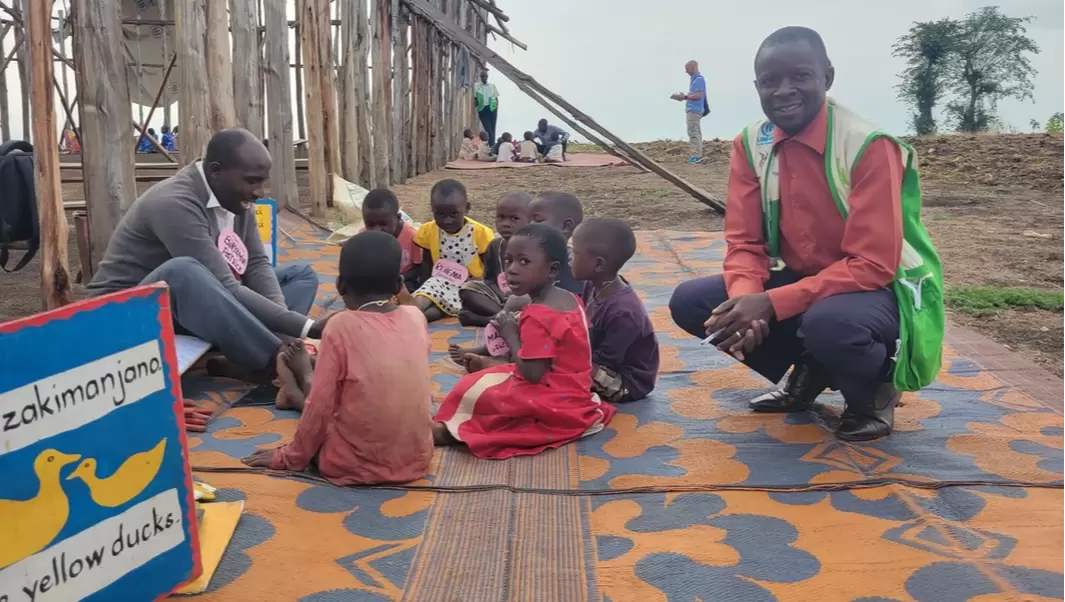
We are thrilled to be working with Learn to Play Botswana, who have just returned from Kyaka II refugee settlement in Uganda, where they have been training our staff, caregivers (what we would know as ‘preschool teachers’), and the local volunteers who support the programme on the importance of mindful play and creativity.
Children on the Edge works in coalition with local communities in some of the toughest places in the world, transforming the lives of marginalised children by creating protective environments where they can safely live, play, learn and grow.
2022 has been an incredible year of transformation for the children we work with, thanks to continued support of our Children on the Edge community. We'd love to invite you to grab a cup of tea and read through our monthly highlights from 2022 and see just how much your generosity is making a difference....... Children on the Edge works in coalition with local communities in some of the toughest places in the world, transforming the lives of marginalised children by creating protective environments where they can safely live, play, learn and grow.
2022 was an incredible year of transformation for the children we work with, thanks to continued support of our Children on the Edge community. We invite you to grab a cup of tea and spend some time reading through our highlights page to find out all about the impact you had in 2022, and just how much your generosity is making a difference. 13 new toilet blocks and water collection tanks have been installed at the newly constructed Early Childhood Development Centres we support for Congolese refugee children in Uganda.
Read about the impact they're having on hygiene and sanitation in Kyaka II refugee settlement.... We are delighted to announce that we have been awarded an iF Design Social Impact Prize for our Cluster Learning refugee education programme in Kyaka II refugee settlement, Uganda.
Players of People's Postcode Lottery Support Refugees in Lebanon and Uganda for a Third Year22/7/2022 After nearly two years of school closures in Uganda as a result of the pandemic, we were thrilled to open our classrooms again in Kyaka II refugee settlement, Uganda in January 2022.
Thanks to your generous support, many children returned to learning in brand new classrooms. Find out how they children having been getting on over the past six months. Children on the Edge envisions a world in which every child thrives regardless of their geography, ethnicity, gender, or caste. We place children at the heart of everything we do by working hand-in-hand with local communities to restore hope, dignity, and justice; and to actively involve everyone in creating transformation.
Our work over throughout 2021-2022 reflects these values and we’re delighted to share with you what we’ve achieved, thanks to our generous supporters. Download the Full Version or read our summary below. |
RECEIVE OUR EMAILSBlog Categories
All
Archives
March 2024
|
|
JOIN US ON SOCIAL MEDIA
|
Annual Report | Contact Us | Jobs | Media Centre | Resources | Shop
Accessibility & Policies: Accessibility | Equity, Diversity & Inclusion Policy | Complaints| Privacy Policy | Safeguarding
Accessibility & Policies: Accessibility | Equity, Diversity & Inclusion Policy | Complaints| Privacy Policy | Safeguarding
Children on the Edge, 5 The Victoria, 25 St Pancras, Chichester, West Sussex, PO19 7LT, UK | 01243 538530 | communications@childrenontheedge.org


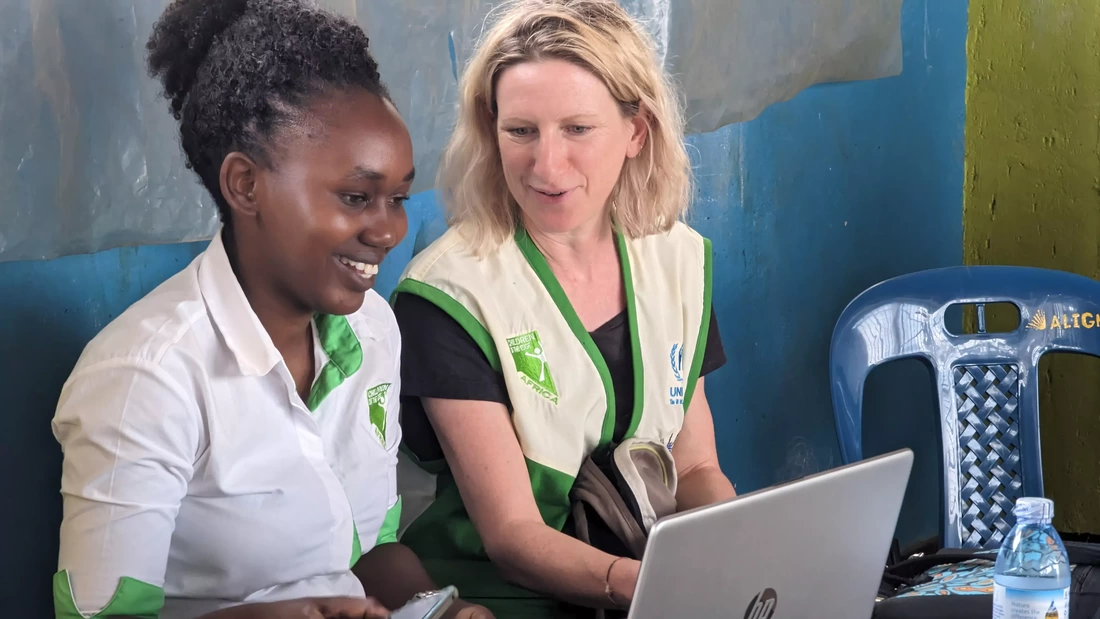

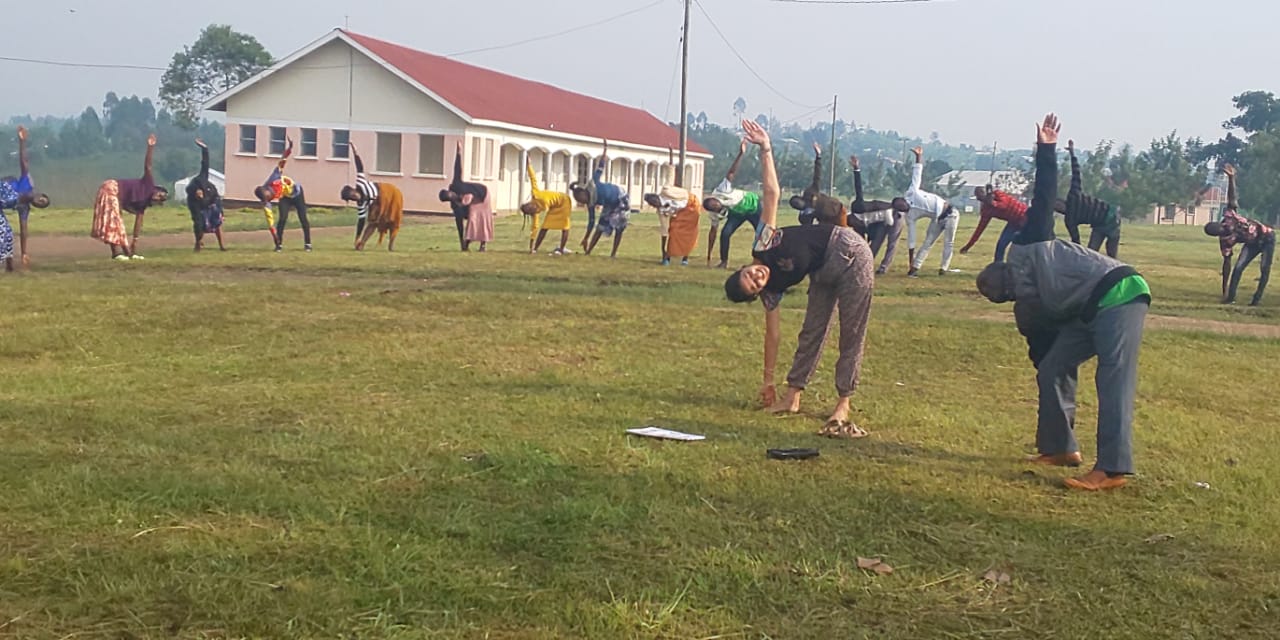
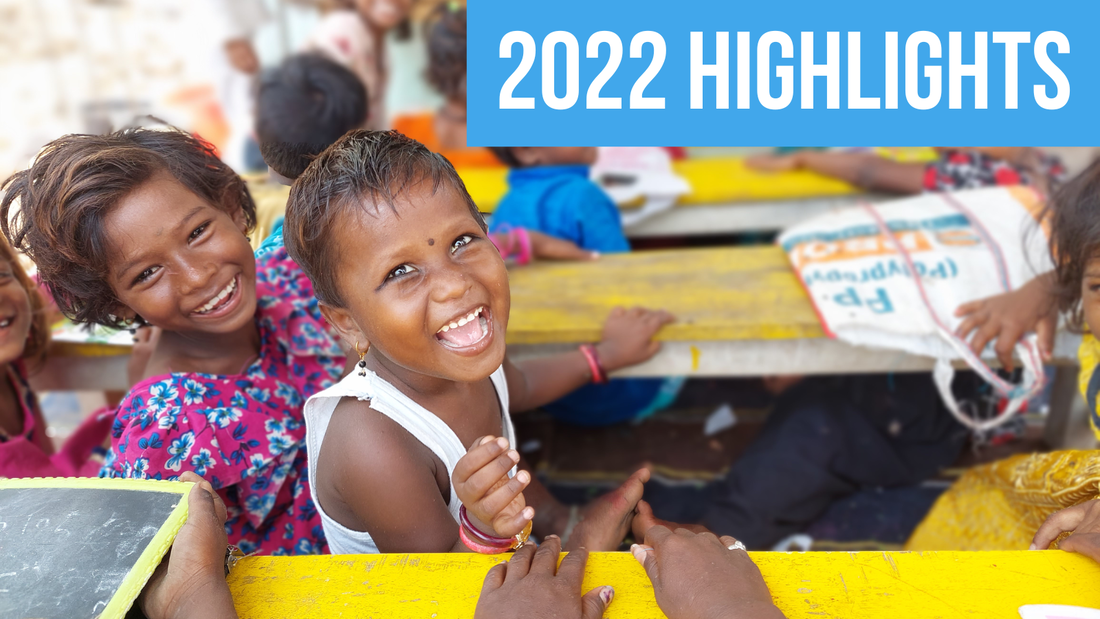
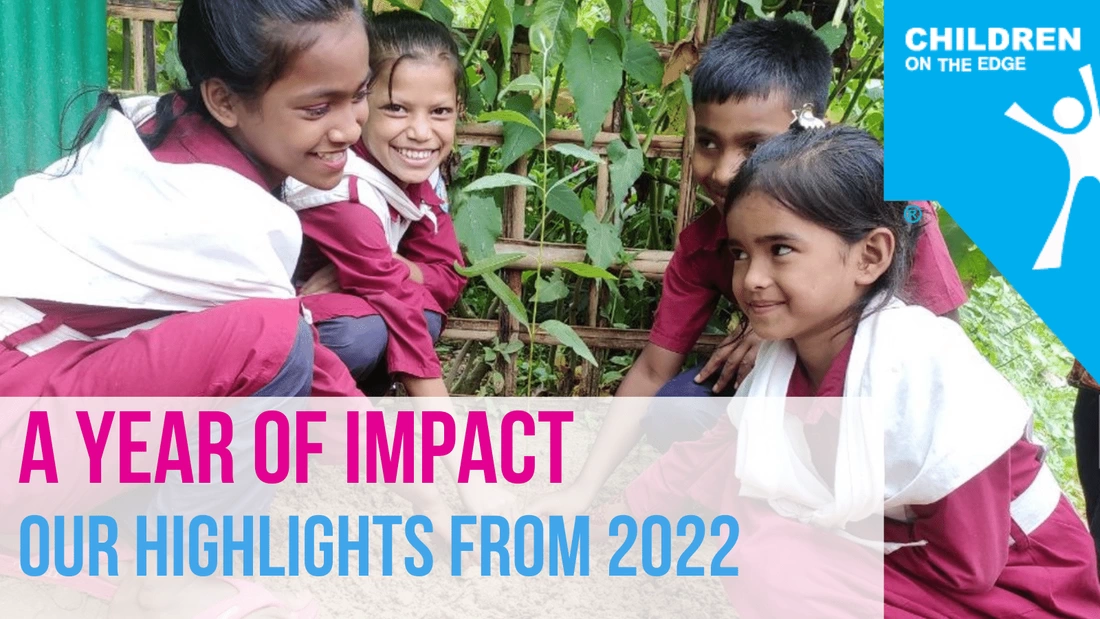
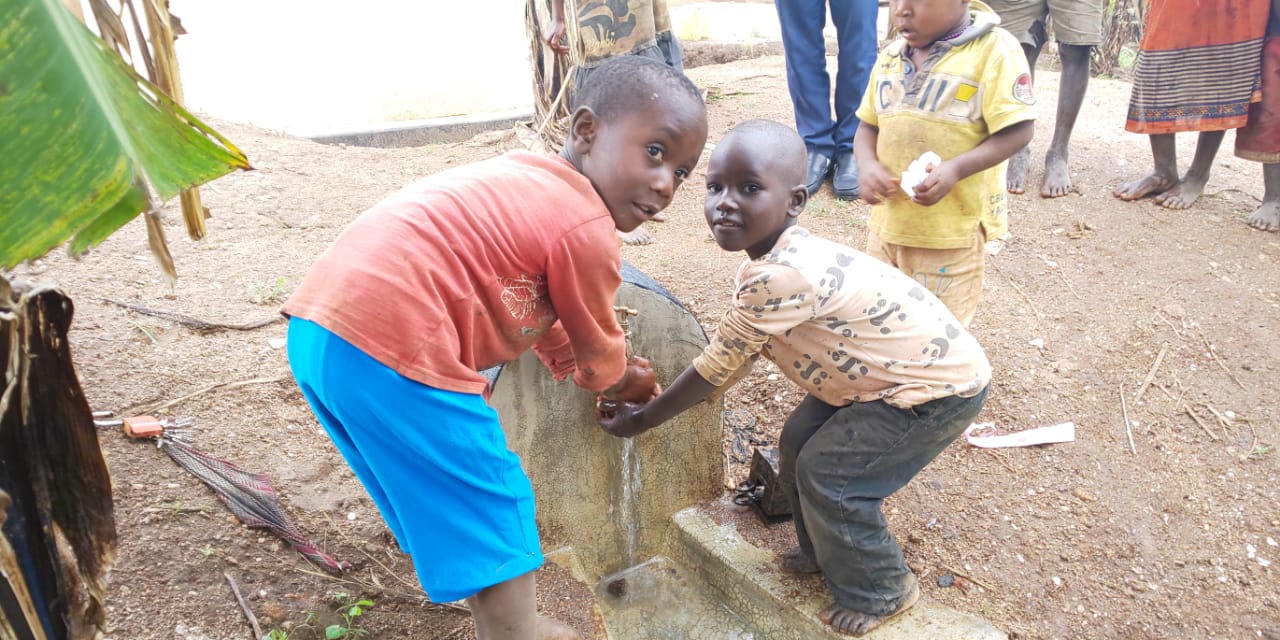
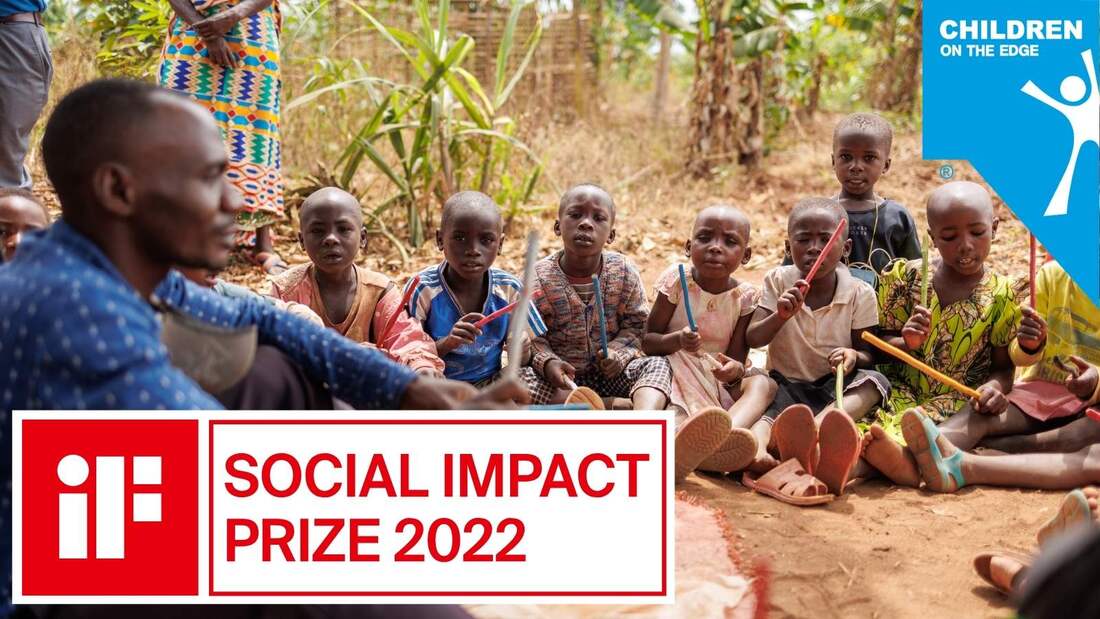
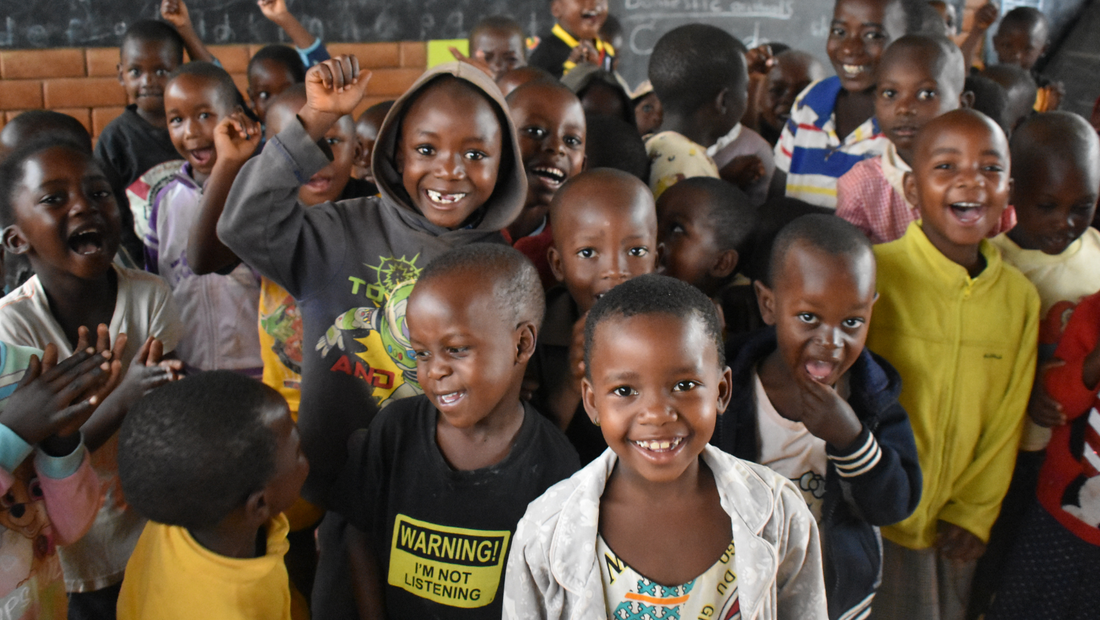
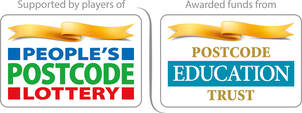
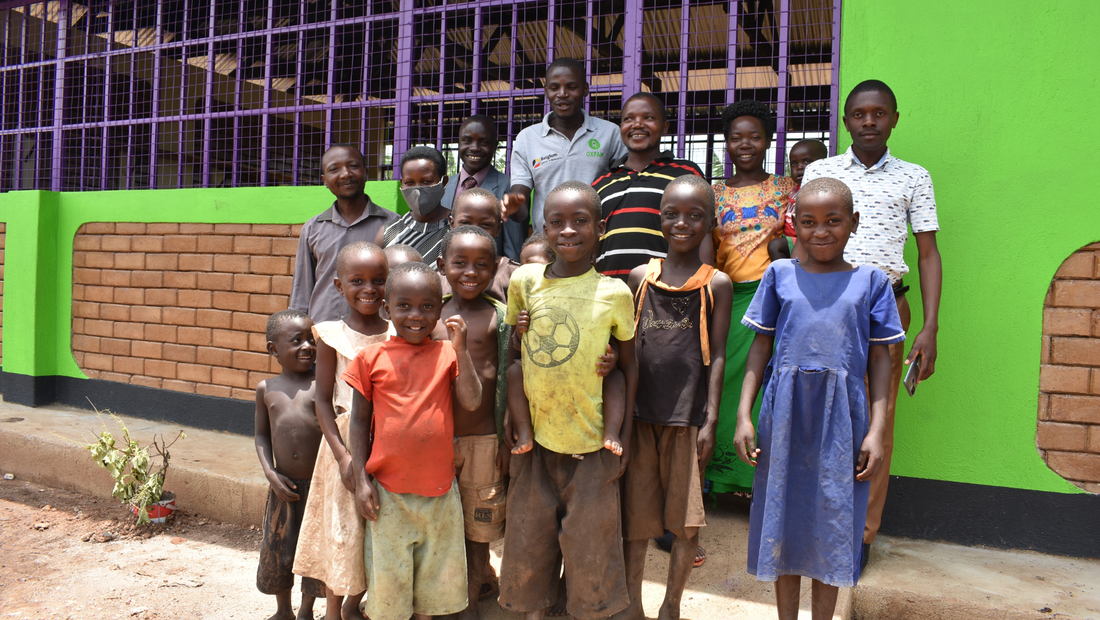
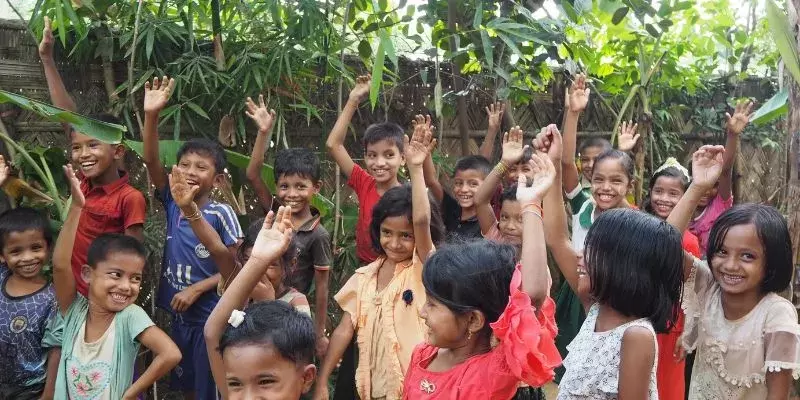
 RSS Feed
RSS Feed
